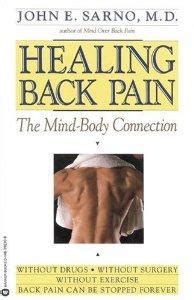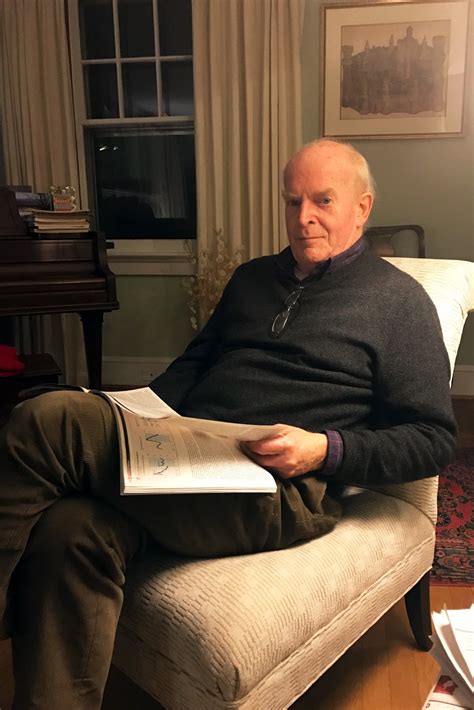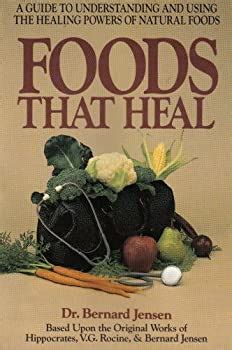A Quote by Irving Kirsch
I do a lot of research on the placebo effect, not just in depression but in irritable bowel syndrome, pain, arthritis of the knee, migraine, asthma.
Related Quotes
I think the greatest thing about partnering with the Arthritis Foundation is the fact that we're raising awareness. I actually called my mom and said, 'I've heard the word 'arthritis' every once in a while come out of your mouth. Do you have arthritis?' And she said, 'Yes, I have knee pain, joint pain and in my hands... I have arthritis.'
Right there is the usefulness of migraine, there in that imposed yoga, the concentration on the pain. For when the pain recedes, ten or twelve hours later, everything goes with it, all the hidden resentments, all the vain anxieties. The migraine has acted as a circuit breaker, and the fuses have emerged intact. There is a pleasant convalescent euphoria.
In a single moment we can understand we are not just facing a knee pain, or our discouragement and our wishing the sitting would end, but that right in the moment of seeing that knee pain, we're able to explore the teachings of the Buddha. What does it mean to have a painful experience? What does it mean to hate it, and to fear it?
I'll take transformational change any way it comes. One way to look at meditation is as a kind of intrapsychic technology that's been developed over thousands of years by traditions that know a lot about the mind/body connection. To call what happens 'the placebo effect' is just to give a name to something we don't understand.



































